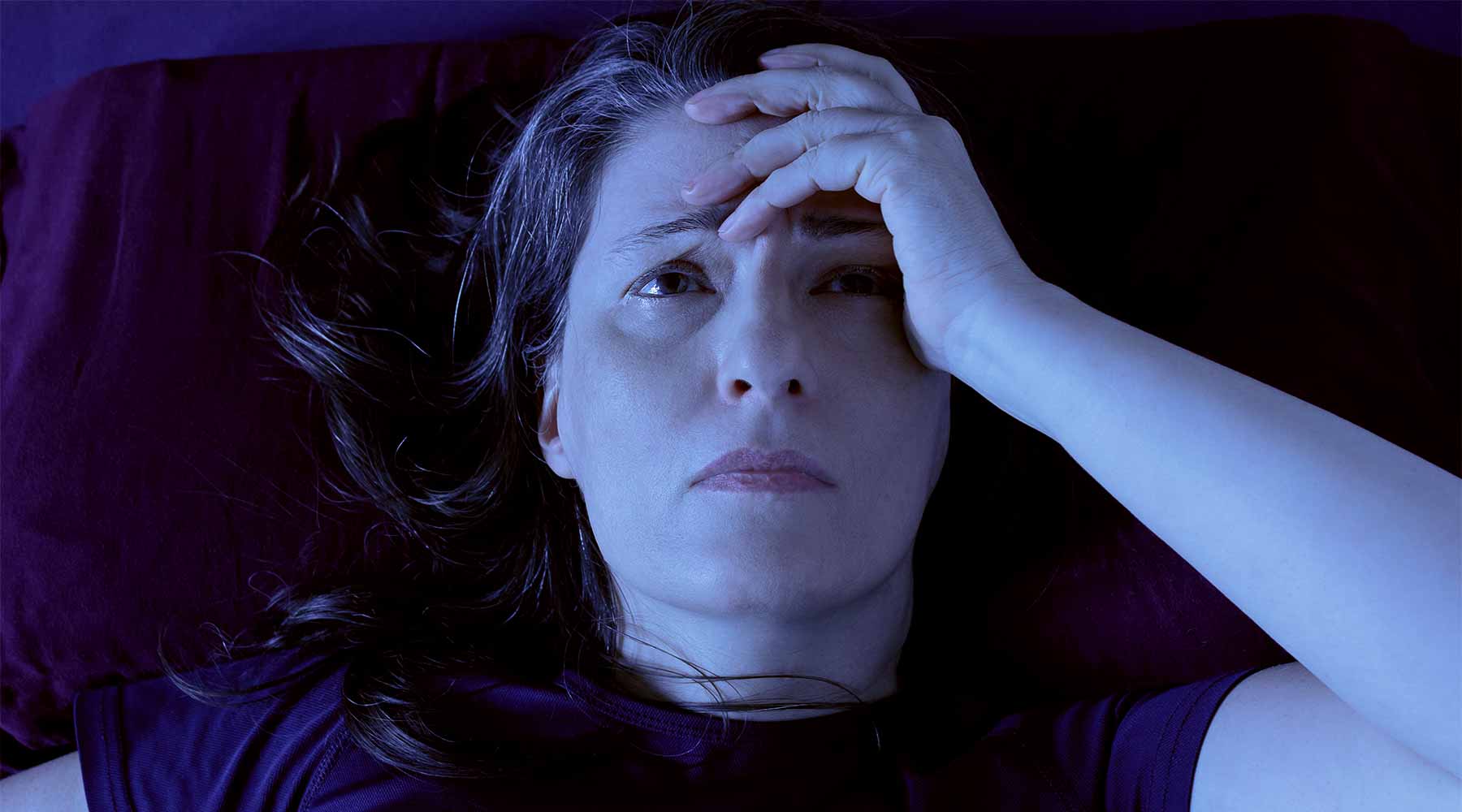
Does sleep extend life?
Longevity is a trend! Many people desire a long, healthy life and do everything they can to maintain their quality of life for as long as possible. Can improving sleep also help you live longer?
Table of contents
- What does longevity mean?
- What contributes to greater longevity?
- How does sleep help you live longer?
- Conclusion
1. What does longevity mean?
In our modern world, which increasingly relies on efficiency and speed, the desire for a long, healthy, and fulfilling life is greater than ever for most people. When people talk about longevity, they usually think not only of "lifespan" but also of "quality of life." So, it's not just about living as long as possible, but also about how those years are structured—that is, maintaining the quality of life into old age.
Longevity has long been a topic of discussion in medicine and health science. Research and development over the past decades have shown that both genetic factors and lifestyle play a key role in ensuring that we can remain active, healthy, and content even in old age. While the average life expectancy was 40-50 years just under 100 years ago, people in most Western European countries now live between 80 and 85 years.
2. What contributes to greater longevity?
There are numerous factors that influence human longevity, from genetic influences and lifestyle to social and psychological aspects. Sleep habits also play an important role. To understand which factors have a particularly positive impact on longevity, researchers are examining so-called "Blue Zones." These are areas where people live to particularly old age and remain particularly healthy, such as Okinawa in Japan or Sardinia in Italy. Despite the cultural differences in these regions, some common characteristics emerge that make people in these areas particularly long-lived—for example, diet, exercise, genetics, or stress management.
- Genetics: The biological blueprint
Our genes play an important role in determining how long we live. They play a key role in how our immune system responds to disease and also influence the individual aging process. Furthermore, there are certain genes that are associated with a longer lifespan because they are involved in functions such as cell repair and fighting inflammation.
- Nutrition
Nutrition has a direct impact on our health and life expectancy. A balanced, nutrient-rich diet protects against chronic diseases such as cardiovascular disease, diabetes, and cancer. Some diets are particularly associated with longevity, for example, the Mediterranean diet, which is rich in fruits, vegetables, whole grains, healthy fats (like olive oil), and lean protein.
- Movement
Regular physical activity not only promotes physical health by strengthening the heart and building muscle, but also has positive effects on our mental health. An active lifestyle reduces the risk of chronic diseases, improves quality of life, and also promotes mobility in old age – thereby significantly increasing quality of life. Even moderate activities such as daily walks can have a positive impact on lifespan.However, a combination of moderate exercise, strength training and flexibility exercises is optimal.
- Stress management
Chronic stress has negative effects on our health. It can increase inflammation in the body, weaken the immune system, and increase the risk of many diseases. Those who want to live a long and healthy life should monitor their stress levels over the long term. Techniques such as meditation, breathing exercises, yoga, or simply taking regular breaks in their daily routine can help reduce stress levels and improve overall quality of life.
3. How does sleep help you live longer?
Sleep is a complex biological process essential for many vital functions of our body. It therefore has a direct impact on our quality of life and can even extend our life expectancy. However, it's not just the amount of sleep that matters, but also the quality.
➨ Good sleep improves quality of life in old age
Older people, in particular, often suffer from sleep disorders, which can significantly impair their quality of life. Poor sleep leads to a higher likelihood of physical illness, depression, memory problems, and a lower zest for life. Therefore, those who sleep well regularly, especially in old age, are not only physically healthier, but also mentally fitter and more joyful.
➨ Sleep promotes cell repair and regeneration
During deep sleep, the body produces growth hormones, which are important for cell regeneration and repair. Damaged or stressed cells are then repaired or even replaced. However, if we don't get enough sleep, this repair process is disrupted, which can lead to premature aging and an increased risk of chronic diseases.
➨ Good sleep strengthens the immune system
Lack of sleep weakens the immune system, making us more susceptible to colds, flu, and even more serious illnesses like cancer and heart disease. Studies show that people who regularly sleep less than seven hours a night have a higher risk of developing infections. A well-rested body is therefore better able to fight off disease, slow the aging process, and thus live longer.
➨ Sleep reduces the risk of chronic diseases
Long-term sleep deprivation is associated with a variety of chronic health problems that can negatively impact life expectancy. These include cardiovascular disease, diabetes, metabolic disorders, and cognitive impairment.
4. Conclusion
Sleep is therefore much more than just a rest for the body – it is a fundamental component of health and plays a crucial role in our life expectancy. Regular, restful sleep supports cell regeneration, strengthens the immune system, reduces inflammation, and protects against chronic diseases. By optimizing our sleep habits, we can actively contribute to our health and long-term well-being and increase the chances of a long, fulfilling life.
Best regards!


Leave a comment
This site is protected by hCaptcha and the hCaptcha Privacy Policy and Terms of Service apply.